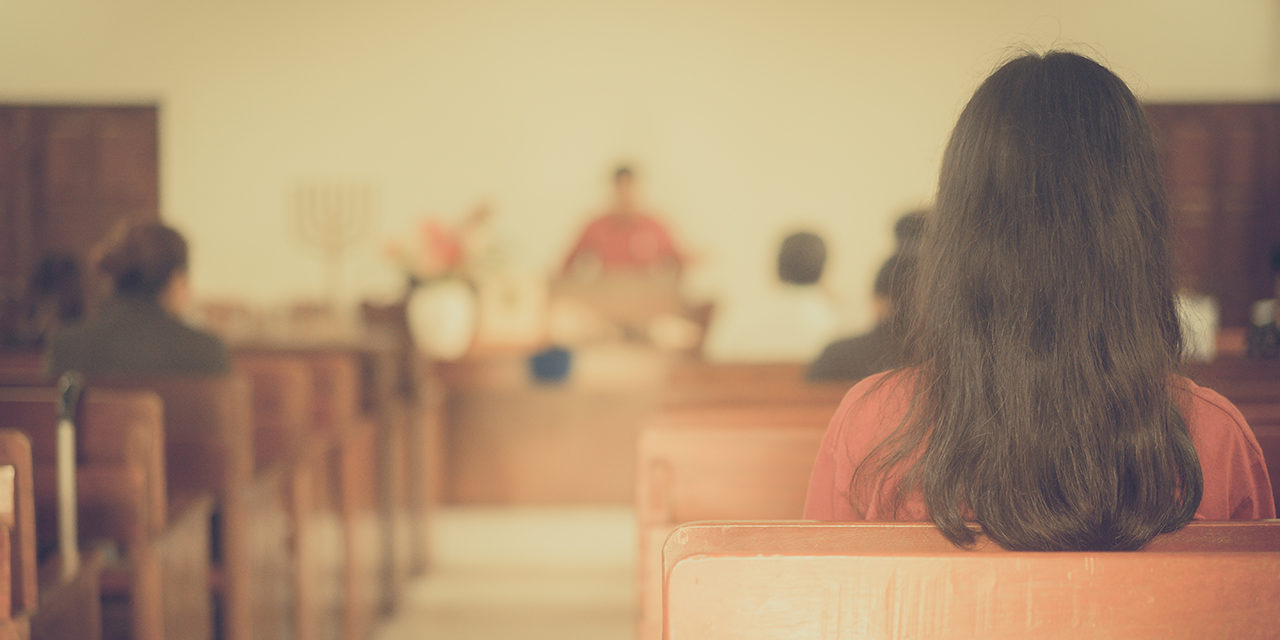California taxpayers are once again footing the bill for the state’s violations of the First Amendment during the COVID-19 pandemic. In addition to an earlier $1.35 million settlement of claims by Harvest Rock Church in Pasadena, a second church and a Catholic priest have announced settlements involving payments to them totaling $2.15 million for attorneys’ fees incurred in vindicating their rights.
The two cases involved South Bay United Pentecostal Church in Chula Vista, and Father Trevor Burfitt, both of whom sued the state over COVID orders forbidding indoor worship while allowing secular businesses to open. The settlements were prompted when both won court victories following several U.S. Supreme Court orders declaring that such unequal treatment of churches violated the First Amendment.
Lawyers with the Thomas More Society and LiMandri & Jonna, LLP, represented the church and the priest, and celebrated the settlements in a press release.
“The settlement terms in these cases track the United States Supreme Court’s seminal holding in South Bay v. Newsom, and the basic constitutional principle is simple and now cemented into permanent statewide injunctions,” attorney Paul Jonna said. “Restrictions on churches cannot be more severe than restrictions on retail. We are pleased with the final results in these two important cases.”
The settlement with the state also involves a permanent injunction that prohibits the various agents and agencies of California government from ordering closures or capacity restrictions on churches due to COVID-19 unless various thresholds of the spread of the disease are met. But even when those criteria are met, the state may only “impose capacity or numerical restrictions on religious worship services and gatherings at places of worship that are either identical to, or at least as favorable as, the restrictions imposed on other similar gatherings of similar risk.”
The press release also mentions another pending case involving Grace Community Church in Los Angeles and its pastor, John MacArthur.
“Later this month, the Los Angeles Superior Court will hear the Thomas More Society’s motion to dissolve an unconstitutional preliminary injunction entered against the church. After prevailing in that action, LiMandri and Jonna will seek recovery of the significant attorneys’ fees incurred in that action as well—along with a ‘multiplier’ of their fees for vindicating fundamental constitutional rights.”
These victories in California can be traced to a Supreme Court decision last November involving New York COVID-related restriction that applied more harshly to houses of worship than secular establishments. Following that decision, the high court started sending other similar cases from around the country – decided against churches – back to lower courts to reexamine.
Since then, in a series of California church cases that made it to the high court over the last few months, the justices became increasingly adamant that government officials in the Golden State were not treating churches with the same regard as similarly situated secular establishments and activities. That ultimately led the state to abandon its controversial mandates, and also prompted these settlements.
It also must be said – again – that the Supreme Court’s position on these state orders changed when the composition of the court changed last October. Prior to the appointment of Justice Amy Coney Barrett, the justices split 5-4 in favor of states’ authority to impose unequal standards on churches. After Barrett’s appointment, the New York case and subsequent cases were decided in favor of churches by the new conservative majority.
There are a couple of takeaways from these lawsuits and settlements. First, as has been said before, there is no “pandemic exception” to the Bill of Rights. These may be exceptional times, but that does not give the government permission to discriminate against religion.
Second – and this is nothing new – elections have consequences. In this case, an appointment of a justice to the Supreme Court by the former President of the United States made all the difference in the interpretation of the First Amendment’s guarantee of the free exercise of worship and its limits on government authority in these cases. That should give all of us a sobering reminder that our duties as citizens to vote can have important ramifications not only for us, but for future generations.
Photo from Shutterstock






